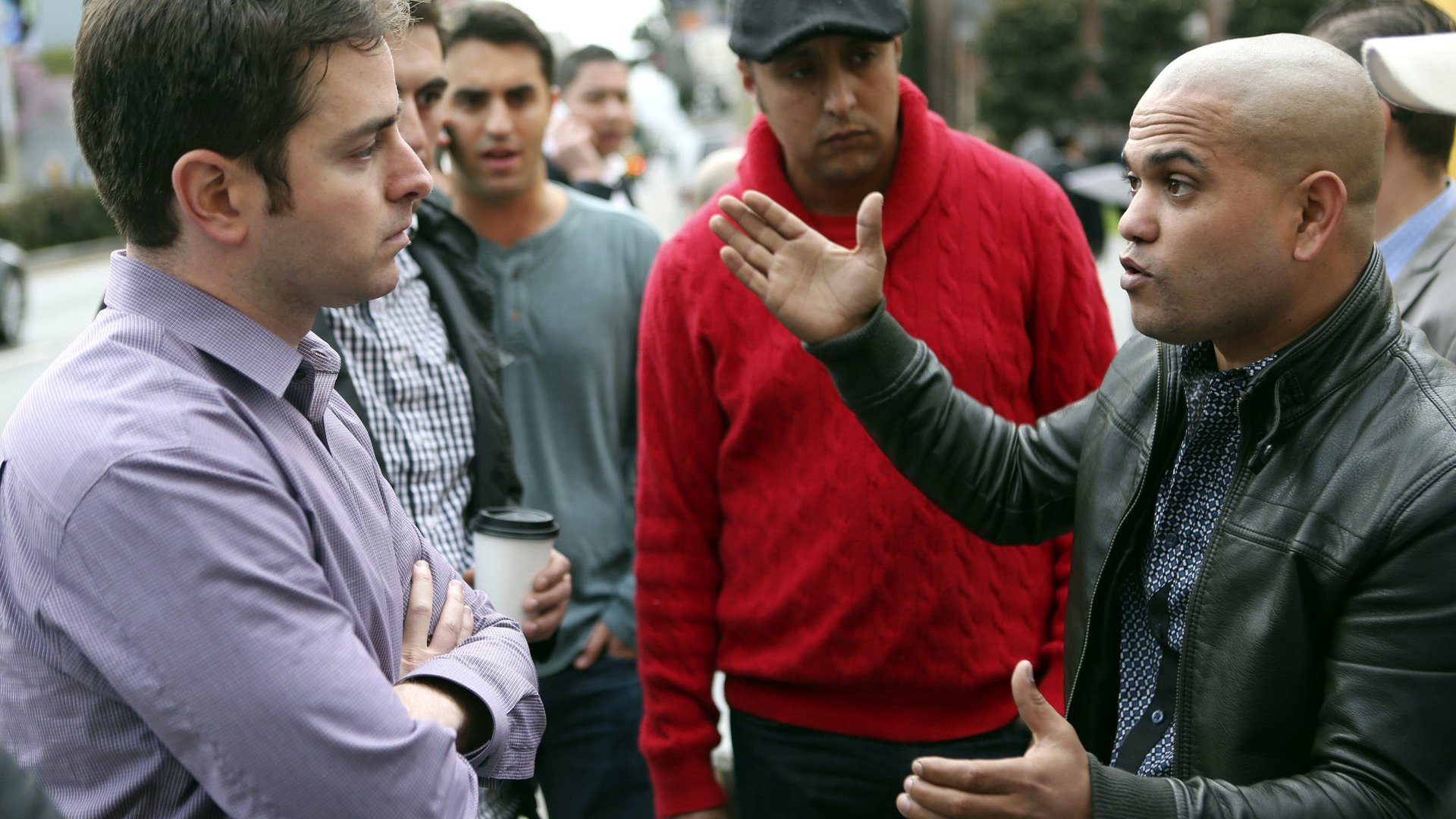Uber and Lyft drivers want to be paid like employees, not contractors. But what if they are neither?
What’s the best way for a business to avoid labor rules that protect employees? Not have any employees at all.


What’s the best way for a business to avoid labor rules that protect employees? Not have any employees at all.
This simple insight has led a wide range of businesses, from major US ports and delivery companies to construction outfits and nursing services, to classify many of the people working for them—often full-time, as their sole source of income—as self-employed “independent contractors” rather than employees. This allows the businesses to exempt themselves from, among other things, employment taxes, overtime, and the threat of unionization.
Uber and its competitor Lyft are deploying the same, controversial tactic in their hunt to dominate the car service market. Thanks to the commodification of driving services wrought the two companies, they are surprisingly vulnerable to pressure from their workers for higher wages. Relying on “independent contractors” helps insulate their bottom lines from those threats.
But now, federal judges responding to separate legal challenges in California from drivers for Uber and Lyft say it’s not so clear that the drivers are independent contractors, and that juries will need to decide if they are due the kind of compensation and protection afforded full-time employees.
With the kind of flexible work that a service like Uber or Lyft can offer, the companies’ drivers may not fit into the old categories of employee or independent contractor. In fact, they might be neither. “The jury in this case will be handed a square peg and asked to choose between two round holes…[p]erhaps Lyft drivers should be considered a new category of worker altogether,” the judge in the Lyft case wrote.
Indeed, employment status varies from driver to driver—someone driving 20 hours a week for extra cash has a very different work experience from a professional driver spending 90 hours a week operating a car that has been financed by Uber—which will make the jury deliberations an important signal for the future of labor markets.
Besides the obvious threat of increasing labor costs for Uber and Lyft, these cases also could have major ramifications for the very business models of startups using digital platforms to create new markets for goods and services.
Uber in particular has tried for some time now to have it both ways—citing “jobs created” by its operations (and the supposedly high earnings of its drivers) to generate good publicity, and describing itself as a “peer-to-peer” service when it needs to avoid onerous taxi regulations. These cases may force it to finally pick a side—or at least articulate a compelling middle ground.